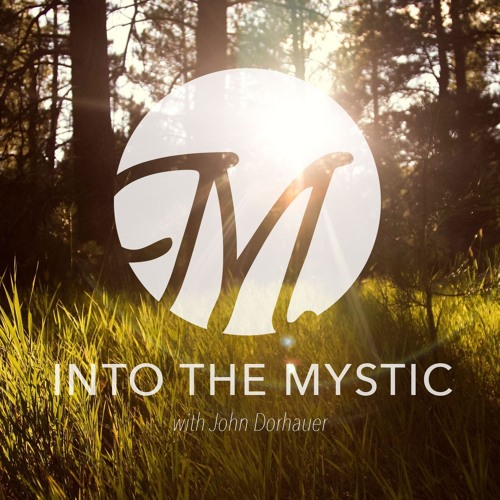God Is Love
Listen to the podcast
Read the transcript
There is a fundamental theological claim made in Scripture that I treat as utterly and entirely normative and formative. The claim is that God is love.
By calling it normative I intend to suggest that whatever we recognize as embodying God, revealing God, emanating from God, or attributable to God must either contain within it what we experience as love or reveal because of it what we recognize as love.
By calling it formative I intend to suggest that what emanates from our sacred, our divine, our – call it God – must give shape to, must produce, must result in the incarnational embodiment of and experience of love.
It is not God if it is not love.
It is not of God if it does not produce love.
Conversely, if it is love it is God. That’s the norm we can expect if we treat this biblical claim is true.
If it produces love, it is of God. That’s the formative power of the divine if we treat this biblical claim as true.
Just so we are clear, I treat the claim as true. Whether that is a choice on my part or an intuitive recognition of what is can be debated. Either way, I am opting to structure a life in faith fully responsive to the invitation to receive love and wholly dedicated to the vocation of spreading love.
This fundamental theological orientation also serves as a hermeneutic both for scripture and also for discerning God’s ongoing revelation.
I don’t accept any piece of scripture as authentically divine unless it reveals God as love. That’s my biblical hermeneutic.
I know only a very few people today who make a true and authentic cliam of biblical inerrancy. Most people who do postulate biblical inerrancy in principle in practice belie their truer belief that at times the Bible just got it wrong. In other words, homophobes who rely on a passage from Leviticus wear shirts woven from two fabrics or eat pork chops or didn’t marry their brother’s widow after he died in order to extend his family line. Nuff said on that.
The point is, what is your hermeneutic? What lens do you use to determine which parts of scripture you rely on to build your faith? For me, I accept the claim that God is love. Any passage that fails to meet that standard I simply treat as something other than divinely inspired and not useful in determining how I will journey through my life in faithful response to God’s claim on me.
Likewise, I use the lens of love to determine whether anyone’s words or actions are consistent with God’s intentions for us and whether or not there is anything revelatory in them. Sojourner Truth was a prophet of God because what she did was sacrifice her own safety out of love for the suffering. Jim Bakker is not because he uses his voice and power to demonize and humiliate members of the LGBTQ community. He claims to speak for God – but there is no evidence of love in his rabid homophobia.
For me, it’s that simple. God is love.
They’ll know we are Christians by our love.
If it is love, it is God.
If it produces love, it is of God.
May you come to know the power of God’s redeeming and transformative love; may you come to know God as the redeeming and transformative power of love on this, your journey Into the Mystic.
Related News
Growing Weary
In December 1964 during a speech in Harlem, Fannie Lou Hamer declared: “And you can always...
Read MorePlanning for Earth Month: Resources for Congregations
April is Earth Month, and for congregations, it can be a great time to further discern how...
Read MoreBodily Autonomy Means Every-BODY
Advocacy and Action for Women's and Gender Justice Local events stir thoughts and...
Read More


